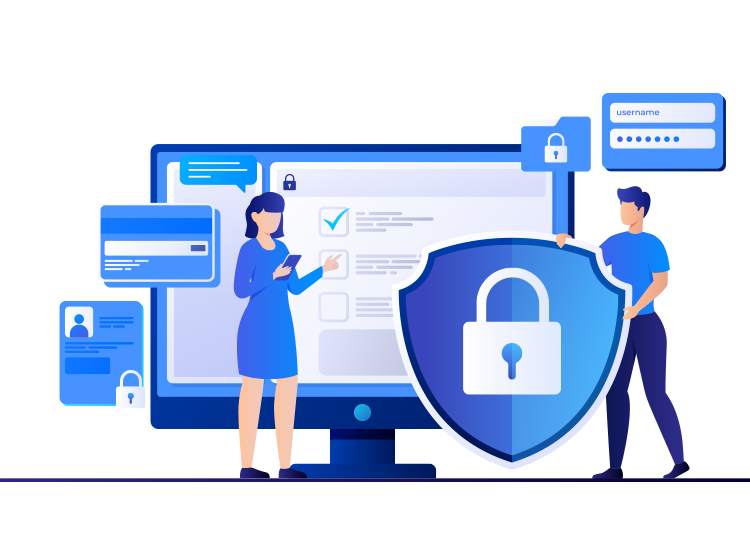
Have you ever wondered what digital legacy is? It is important to know what happens to your digital profiles, accounts, and all the data after their owner passes away.
There are lots of questions regarding what happens with the data of users, after their death. These arise for families, service providers, and legislators.
What is digital legacy?
In simple terms, digital legacy covers all the digital data remaining behind after a person dies. It includes profiles on any platform, that are password protected. If you chose a strong password,
So, questions such as: who owns a person’s data? What data would you make available for the heirs? Is it a really important issue?
We would start with the latter one. Your digital traces will remain behind you, and they survive indefinitely. Usually, all these profiles are password-protected. This means that relatives cannot take care of them.
So, just as we usually take care of the real estate, we should also consider the digital estate. Remember that any confidential online documents or e-mail correspondence might be really helpful to others.
There are options to deactivate these accounts, set automatic replies for frequently used addresses, or delete them.
Also, physical data on devices that store data are important. But if relatives do not have access to the passwords, it might be a big issue. Important private files, such as documents, could be on those.
Everything becomes even more complicated if the deceased person is an online entrepreneur. If a video or photo platform account generates advertising revenue, this will continue. And someone should manage the money flow.
Also, someone should deal with the digital currency that a person might have possessed or the PayPal credit, online subscription, etc.
If you do not consider all of these, your heirs may become overwhelmed. So, digital legacy is critical.
Emotional implications
Just think about an online social media account of a deceased dear one being tagged by other people. This would trigger some strong negative emotions for the family.
What happens to your online data after your death?
You might think that this does not matter. But your loved ones might have to endure a lot because of this.
On Facebook, a profile can be converted into a memorial page. Here are the details. However, the option is not available on all the platforms. So, the process can be simple, or complicated, if your relatives do not have your passwords.
What to do now?
One of the best things is to delete any unused profiles and online accounts. It would also be a good idea to keep a list of updated login data, in a safe place.
A good option is a password manager, as there is only one password they would need. You can also use a safety question that your loved ones know the answer to. It is even more important for bank accounts or cryptocurrencies.
Keep in mind to make a list and let your family know if you want your profiles deleted, or become a memorial page. Before that, make sure you familiarize yourself with the providers’ terms and conditions for such cases.
A good thing would be if you pass the inheritance to several persons.
Here is where to turn to, for details on the most important platforms:
Now, that you know how to deal with these things, your legacy will not be a punishment for your loved ones.

